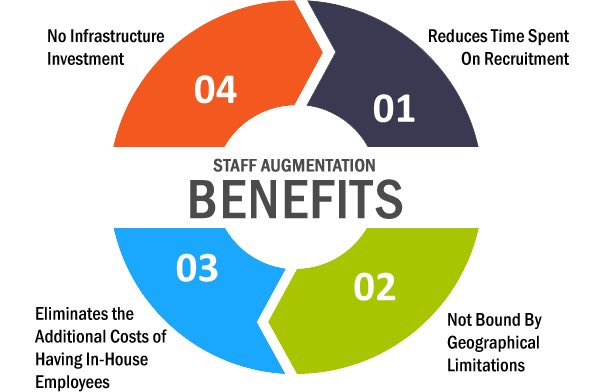Do we still have the dilemma between working in your beloved job vs. good working conditions?
Today the development industry is considered one of the best-paid jobs, with the best working conditions and professional growth in the short and long term. But within those workers, we find what many believe to be the evil twin of working conditions in development: the video game industry.
Why do video game development working conditions have a bad reputation?
When we think of a video game development job, technically, we can say it’s very close to a dream job: Develop a game, be part of an industry we’ve known since we were kids, be able to entertain generations, see the effects in a release that can have worldwide impact, be able to play a game and been paid for it!
Although we can compare it pretty identical to the typical job of a developer (coding and stuff), there is a concept that is even taught in the university, so these conditions start to lose their magic. We are talking about the so-called “crunch”.
Crunch is the almost mandatory overtime that occurs during game development. This crunch time is expected in the industry and can lead to 65-80 hour work weeks over long periods. It is a labor-intensive pre-release effort due to the lack of organization and the need for project completion before the imminent release date.
Because of this event, game development work involves, on average, longer working hours, or developers find themselves under poor working conditions, being overworked and affecting their relationships, mental health, and frustrations.
This work climate is facilitated by the culture surrounding the video game industry, which is both powerful and inherently flawed. The industry dynamics encourage people to work harder than their peers, give up free time for work, and be willing to sacrifice everything for the game. This negatively affects the experience and conditions of employment.
While this does not always happen, as game development is a project-based job, crunch is always possible. The amount of work and stress involved varies, depending on the project stage and how well the project is going at any given time.
What is the salary of a game developer?
The average salary for a game developer with three or fewer years of experience is about $60,000, while the average salary for all levels of experience is approximately $80,000. Some game developers earn more than $100,000 and may receive additional compensation in annual bonuses, stock options, or profit sharing. Other benefits that enhance working conditions include health and dental insurance and pension plans.

The average salary for game designers is around $50,000 per year. Remuneration is also influenced by other factors, such as education, company size, and living costs.
The average salary for game testers starts at around $18,000 per year, which equates to $346 per week or $8.65 per hour.
Game testers are paid based on years of experience and position. The remuneration of testers also depends on whether the work is part-time or full-time and whether it is contracted or not, as many game companies use subcontracting or contract testers to do the job.
What changes in working conditions are happening?
With the explosion of remote working, the globalization of new working methodologies, and the need for better profiles, the industry is inevitably starting to update itself. The boundaries of gaming have begun to expand, and in many cases, companies have started to mix virtual reality, metaverse, and blockchain-oriented concepts.
In this way, the frontiers have begun to blur, and developers who were being paid less than a software developer are now starting to approach the salary of a Web3 developer.
This implies that they are starting to make decisions based on corporate culture, taking care of their employees’ mental health, and managing projects more professionally, using agile methodologies. In this way, crunch becomes less frequent, and it is possible to reach the objectives in better working conditions.
Even more, the importance of social networks for the natural growth of companies and the culture of wellbeing that is preached generates the undeniable need for companies to meet specific criteria and benefits for the health of their employees.
Consequently, according to the latest edition of GDC’s State of the Game Industry report, only a minority of game developers report working overtime or double shifts. Only three percent said working more than 60 hours a week for at least one week in the last 12 months; 26 percent reported working a reasonable 36-40 hours a week, and 18 percent put their time between 41-45 hours a week.
Recruiter’s tip
How do I assure a client that my candidate takes care of his employees? How do I contribute to change to improve working conditions?
As experienced video game developer recruiters, we know how to find the best candidate for our clients. But we can also offer the best client to our candidates, or offer our clients tips to improve their working conditions.
It is possible to investigate with these clients how they manage the projects, with which methodology they carry them out, who builds the teams and does the onboarding, and if they work on fixed schedules or are decentralized. It is also essential to ask about benefits such as PTOs, and holidays if they cover medical insurance, training, and the possibility of growth or team activities.
All these questions will indicate whether the company is offering good working conditions or is on the way to doing so. We must also be patient and understand that, although, in a fast-moving globalized world, many changes will take place gradually and according to the needs of each company. But sooner or later, it will happen.




